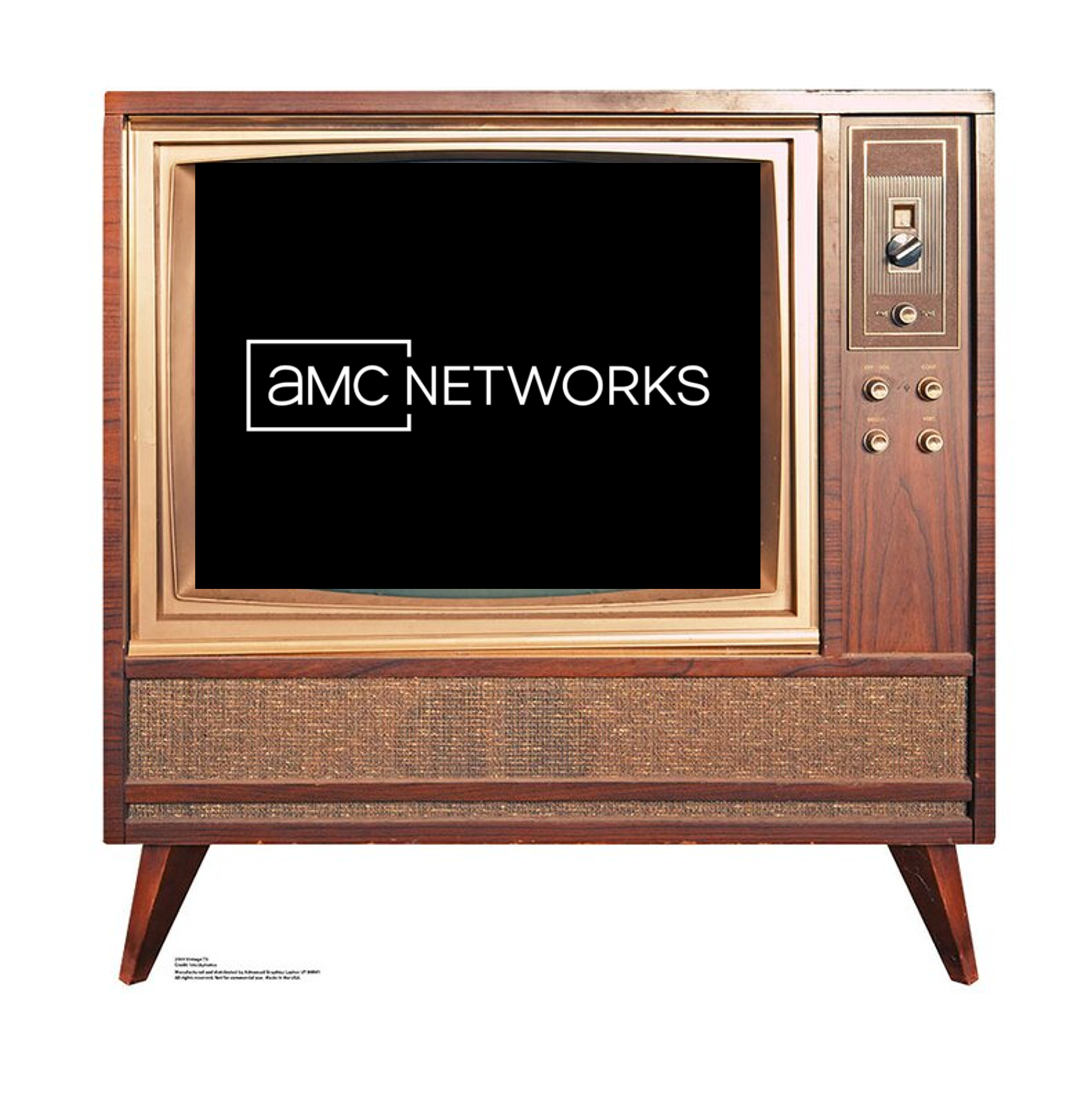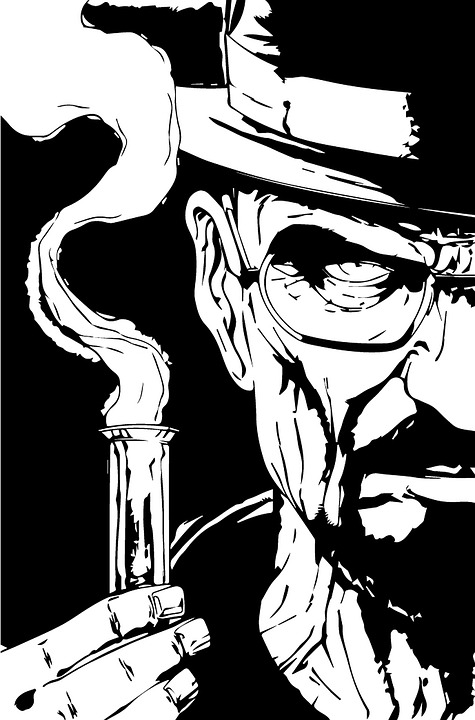
How many times have you stared at a rating book, looking over your market, and came to the conclusion there are too many stations vying for the same listeners. Someone’s got to go.
In many ways, competitive markets have always been akin to a format specific version of musical chairs. The winners in the ratings tend to dominate the largest chairs – Country, Hot AC, Classic Rock, News/Talk. Even in the “Age of Consolidation,” programmers are seeking a desirable land they can own – and one in which they can reap profits.
Case in point: EDM is an “open chair” in most markets. So is Blues or Reggae. But broadcasters have never been convinced they can make a living by dominating these musical genres. “Conventional wisdom” states there simply aren’t enough listeners in most markets. In other words, there is no chair.
Radio people have gotten pretty good at assessing opportunity. And that’s why the exasperated expression that is the title of today’s post resonates. We’ve all said itt before.
And we’re not alone. That’s because the media environment is teeming with content – perhaps too much of it. If you have cable or satellite TV, chances are you have hundreds of channels – and there’s still nothing good to watch. Or satellite radio, featuring formats and channels you might never have heard of – and yet, it may be challenging to hear two good songs in a row on anyone of them.
And what about the glut of VSODs – video streaming on demand platforms featuring movies, TV shows and series, documentaries, and more and more sports? Maybe it started with Netflix, but now the field is littered with new players, hot shot newly-minted competitors, and wannabes on the come – platforms with content, hoping to extract a few bucks a month from your credit card.
There are so many streaming video platforms that you’re excused if you forgot that it’s Amazon Prime that carries “Thursday Night Football,” HBO Max that’s the home for “House of Dragons,” and AppleTV+ that originates “Ted Lasso.” Where’s “TV Guide” when we really need it?
And so we shouldn’t be surprised that it’s one of the many television networks wringing their hands at the prospect of this year’s “Blue Christmas.”
 Or is it “Red Christmas” because that’s the color of the ink flowing fast from AMC Networks’ headquarters in Manhattan. Its chairman- the high-profile James Dolan – gave staffers the old coal-in-the-stocking bad news in a recent memo.
Or is it “Red Christmas” because that’s the color of the ink flowing fast from AMC Networks’ headquarters in Manhattan. Its chairman- the high-profile James Dolan – gave staffers the old coal-in-the-stocking bad news in a recent memo.
For a network that prides itself on being “the ultimate destination for premier storytelling,” this sad story played out like a disaster movie without a happy ending. According to CNN Business writer Oliver Darcy, phrases like “large-scale layoffs” and “significant” operating cuts soon to be implemented peppered Dolan’s “Bah, humbug!” missive to the troops. He’s talking about pink slips for 20% of AMC’s workforce that was 1,700 employees strong.
All this from a network that once had some of the biggest scripted TV series of all time – “Mad Men,” “The Walking Dead,’ and perhaps my all-time favorite, “Breaking Bad.”
TV series of all time – “Mad Men,” “The Walking Dead,’ and perhaps my all-time favorite, “Breaking Bad.”
But now the game has changed, the tables have turned, and the ad sales team is wondering what the hell happened.
So is Dolan. Calling it a “confusing and uncertain time in our industry,” he named cord cutting as the culprit.
But AMC’s travails run deeper than that, as any media executive will tell you. That long-honored “given” that great ratings and popular content will translate to sales revenue has broken down. Even the media buying department at Sterling Cooper Draper Pryce would be confused by the growing array of marketing choices. Time for another dry martini.
 There is too much supply, and not enough demand for so much of it. Couple that with economic uncertainty and a disconnect between the cause-and-effect of advertising and sales, and you’re got yourself a perfect storm in Q4, the quarter that traditionally is the one where everyone gets fat and happy.
There is too much supply, and not enough demand for so much of it. Couple that with economic uncertainty and a disconnect between the cause-and-effect of advertising and sales, and you’re got yourself a perfect storm in Q4, the quarter that traditionally is the one where everyone gets fat and happy.
Dolan may not have the answers, but he’s gotten adept at explaining the nut of the problem. Sure consumers have fired their cable companies, instead electing to go a la carte – including opting for “our own AMC+.” That’s right – AMC has very likely disrupted itself with its own Over-The-Top (OTT) service.
Dolan explained the calculus that “cord cutting losses would be offset by gains in streaming” hasn’t happened.
So, once again, it’s a case of cable TV C-notes being replaced by streaming shekels. The numbers don’t add up.
And that was the essence of how Dolan summed up the problem that virtually all media executives are facing:
“The mechanisms for the monetization of content are in disarray.”
Let that one sink in, because much of the same drama and disappointment is playing out in “Radioville.”
When the basic currency of an industry ends up on shaky ground, you can palpably feel those tectonic plates shifting below your feet.
We can lament that feeling so many line workers at media networks and broadcast companies experience – getting scrooged during “the most wonderful time of the year.”
It feels a lot like that ominous warning from Jon Snow early on in the first season of “Game of Thrones.” Winter isn’t just coming. It’s been here for some time now. And even a heated steering wheel and snow tires won’t make this cold, bitter ride any smoother.
steering wheel and snow tires won’t make this cold, bitter ride any smoother.
What’s a CEO to do?
Weather the storm of course, default to verticals most certain to generate cash, and keep the staff as intact as possible during a period of nonstop turbulence.
Darcy concludes his story with another bad news prognostication from Inside Intelligence analyst, Paul Verna:
“Any of the (companies) that have not yet announced layoffs probably will.”
During a shit storm, it’s especially difficult to repeat the well-known and time-tested mantra, “This, too, shall pass.”
Who said that?
Not Warren Buffett, Bob Iger, or Richard Branson.
It was King Solomon in 950 BCE (or thereabouts), a leader who clearly knew how to split the difference.
In the game of media musical chairs, it’s paramount to find a chair, grab it, and sit tight.
This, too, shall pass.
- Media And Technology In 2025: Believe It Or Not! - April 18, 2025
- In Radio, You Just Never Know - April 17, 2025
- The Secret To Making A Great Podcast (And Great Radio) - April 16, 2025




In any given market, how many radio outlets are actually generating money? 10%? 15%? Everything else is just filler that does nothing but raise the noise floor across the band. The land rush of 1996 is killing radio.
Scott, let’s just say there’s a lot more inventory than there is demand. Too many choices AND to much of the same content will do that. Today’s post – “Still The Same” – also makes this point.
Ominous, as we too shall one day pass. Happy Friday.
As to genres that “can’t make it in a local market,” a prime radio example has to be jazz. And who better exemplifies a radio solution than KNKX Seattle, broadcasting throughout the Puget Sound area on a multiplex of signals but augmented with a 24/7 jazz stream available through the internet. Yes, they’re an NPR member station, but they draw their support from listeners all over the globe; and a glance through their annual reports shows they are doing fine, thank you very much. They show what can be accomplished if management truly believes in a format–and in itself.
John, I’m very familiar with KNKX. They are also making their mark with regional news coverage that augments their music. They’ve got a great story and an intensely loyal fan base.
Can’t help but think of picking up a Fire Stick myself sometime back–which comes complete with (seemingly) every show ever recorded available for viewing–and endless channels dedicated to one TV show. (There’s an “Addams Family” channel–for a show that had a total of 64 episodes, meaning the entire series repeats every 32 hours.) Oh, and among the million other things you can view, you can watch YouTube. How many videos/channels are on that alone? In short, technology has brought us to the point where there are more “chairs” than there are butts to put in them. It’s a surprise ANYONE is making any money. And it may not be a surprise when even that’s no longer the case.
David, and today’s blog post – “Still The Same” – makes that same point. It’s not just exponential choices, it’s a sameness of content.